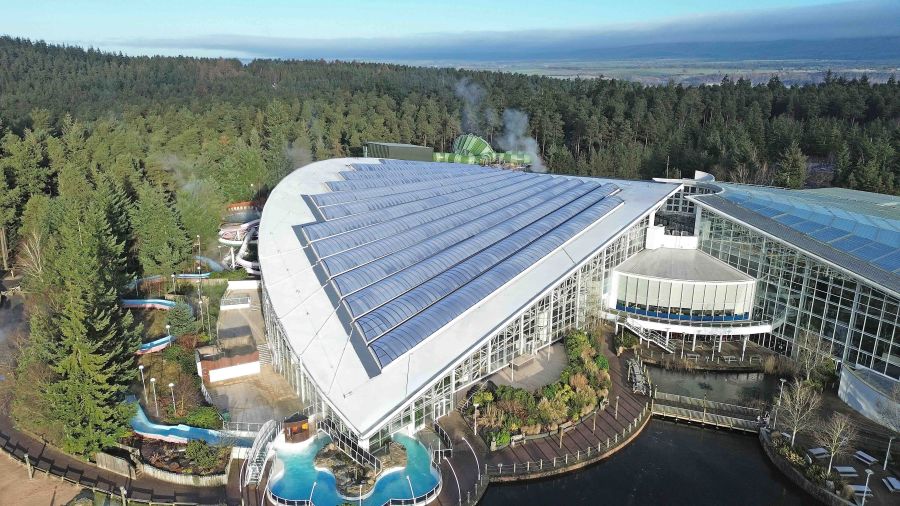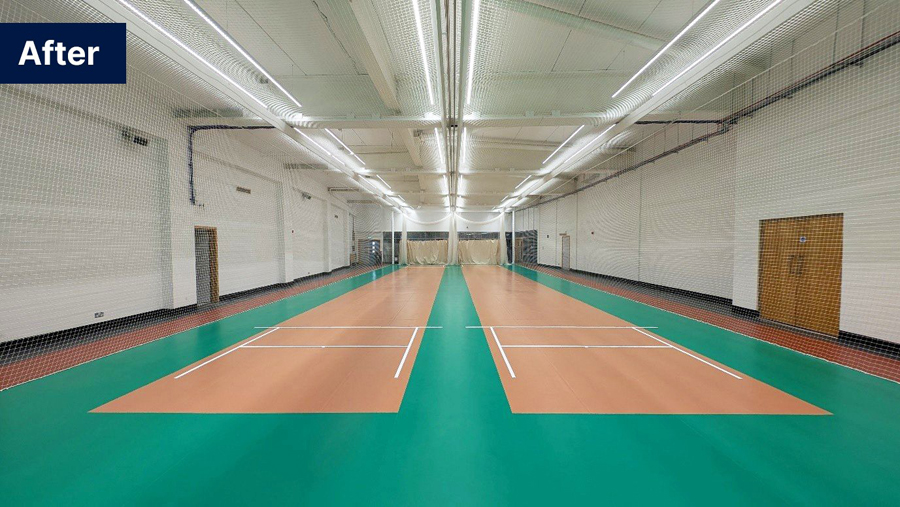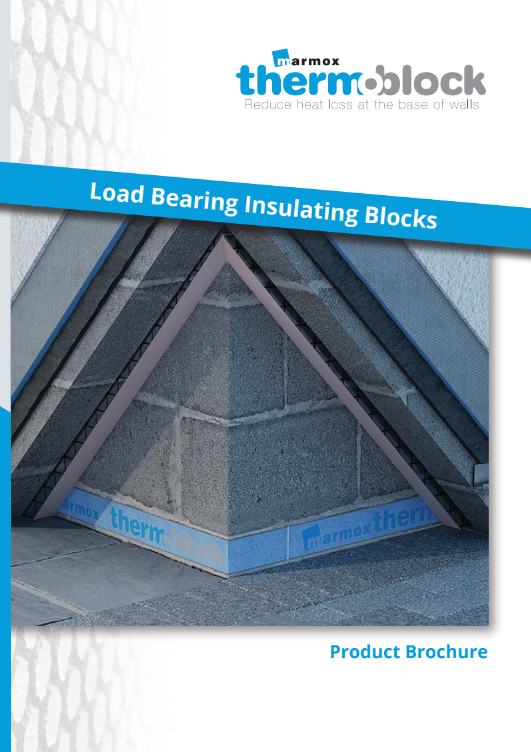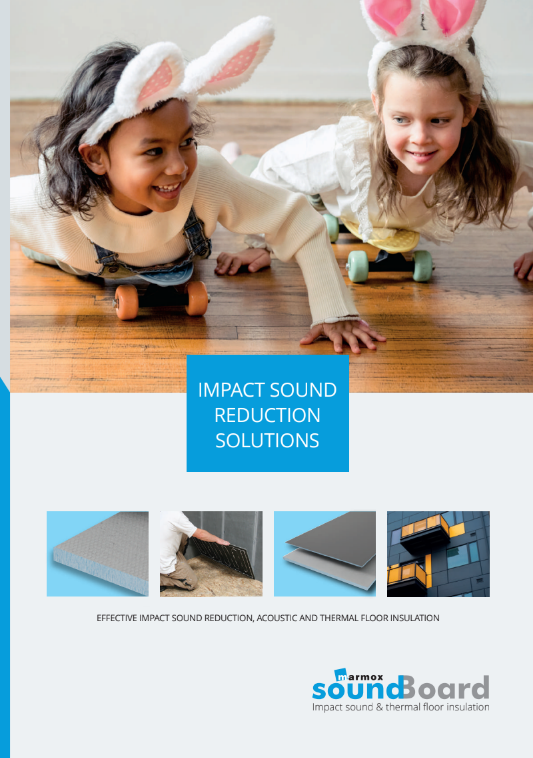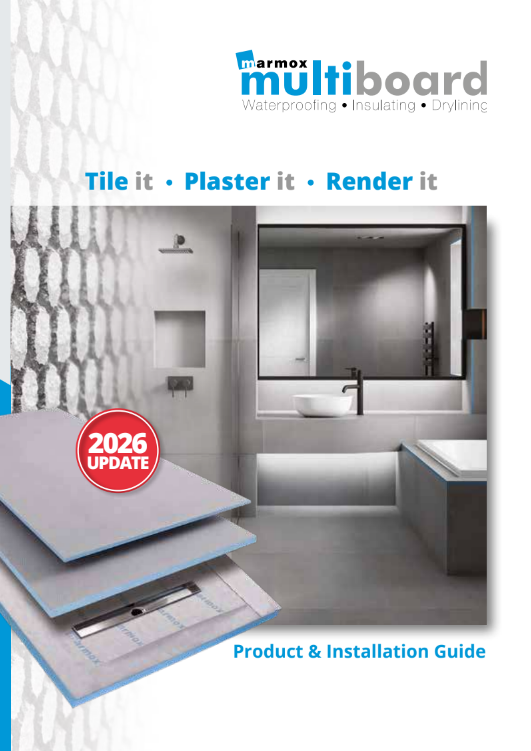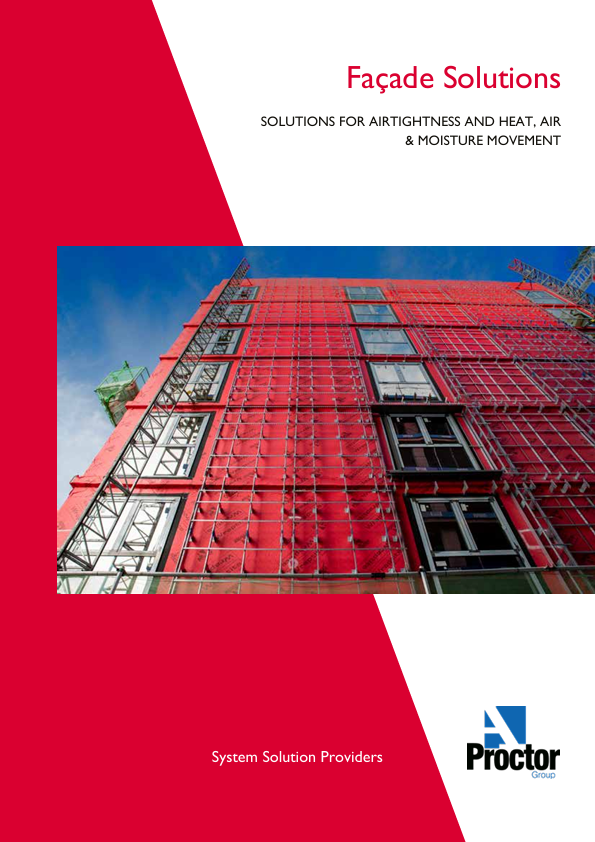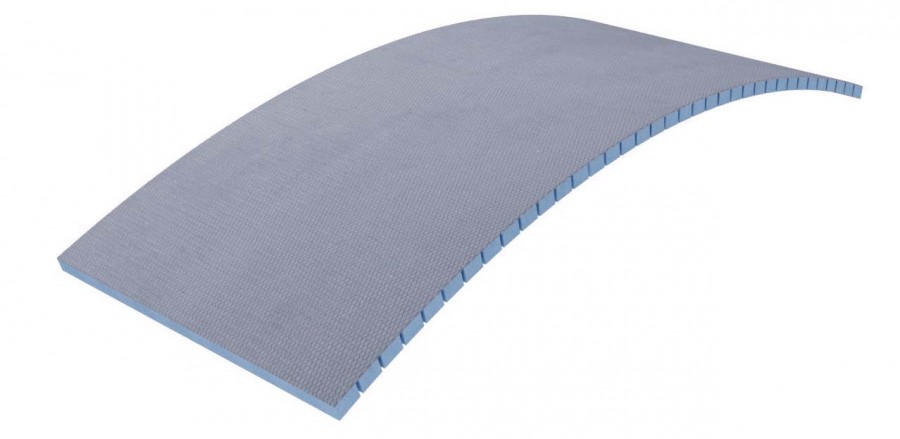Interiors, customer services and facilities may well steal the limelight to guest satisfaction in hospitality. However, it is the finer, more ‘hidden’ details that can make or break a guest’s stay.
When we’re booking a stay at a hotel, it cannot be denied that there are certain attributes we look out for. Location, room facilities, interior design, amenities, catering, room cleanliness, Wi-Fi connectivity, guest satisfaction reviews – these are all traditional features that make up the USPs of the hotel.
They are what you would expect to see when you’re flicking through the travel brochure (or perhaps more commonly now, the travel website).
In a market where points of differentiation are small, these ‘selling’ points are what a brand must do well to stay competitive.
In fact, out of more than 1,000 business and leisure respondents in PwC’s ongoing Consumer Intelligence Series, ‘What’s driving customer loyalty for today’s hotel brands?’, room quality is the most valued aspect. This is followed by location and, then, loyalty benefits.
However, while a hotel must concentrate on these features to build up the ‘wow’ factor, it must also concentrate equally as hard on satisfying one much more fundamental aspect, and one that is often overlooked – room access, security and control.
Trevor Ball, area sales manager for Allegion UK in hospitality, explains: "Radio Frequency Identification (RFID) technology is rapidly becoming the answer to the problems that magstripe and chipped cards and locks were unable to solve.
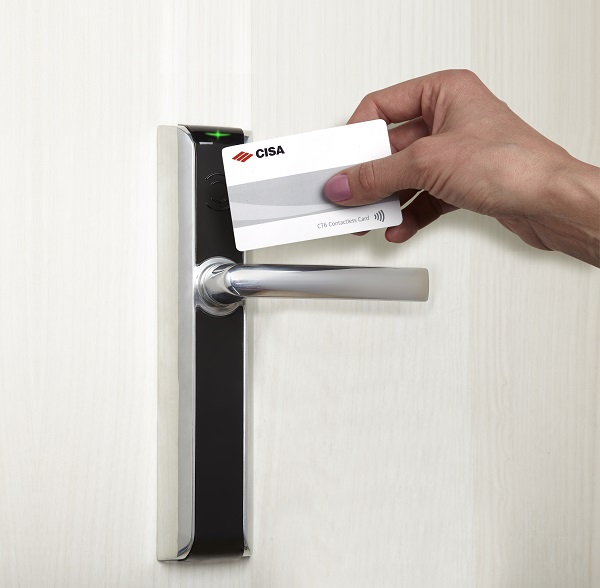
"Still relatively new (the technology was introduced to the market around the early 00’s), RFID works by programming locks to recognise unique codes, either in an offline system where locks are programmed individually or in an online ‘live’ system. Codes are then programmed onto either chipped keycards or RFID-enabled devices (such as smartphones), which become keys. Once the ‘key’ is passed over the sensor, the computer will recognise the code and release the locking mechanism.
"For hotels, the contactless nature of RFID provides two important cost benefits. First, it removes the problem of wear and tear with grime and dirt build-up as there is no contact required between lock and key, ultimately resulting in less ongoing labour maintenance costs.
"Second, and probably more importantly, retrofitting and labour costs are much lower, as RFID locks don’t require hardwiring into the building. CISA’s RFID locks, eGO and eSIGNO, for example, run off AAA batteries that power the lock in excess of 20,000 cycles.
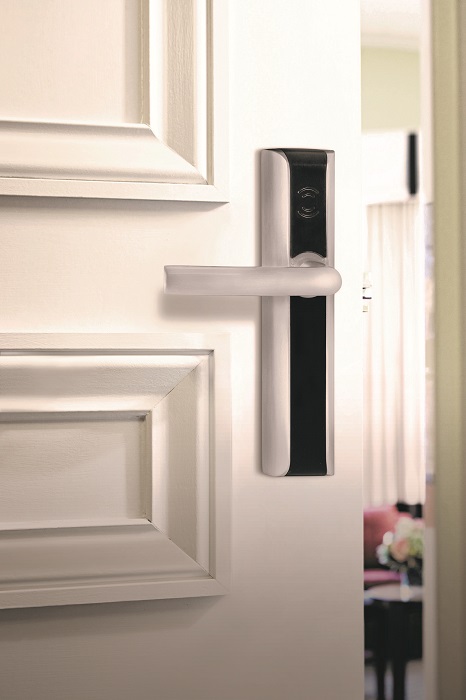
"Contactless locks are more aesthetically pleasing too – unsightly doorways covered in metalwork to hide wiring and drilling damage should become a thing of the past.
"As RFID locks record a log of activity within their computers, security managers can now quickly report back to guests on who entered the room and when, enhancing integrity and transparency. On the other hand, for the hotel, it gives added protection from liability issues and guests who make false claims of stolen property.
"Hotels may choose to go into more detail with how they distribute access, too, simply by placing locks and doors around common areas. Should anything happen within those common areas, then it can be quickly traced back to the staff who have been given the access, resulting in a faster investigation. This may be particularly important to guests such as celebrities, royalty or policitians, where their security is paramount."









